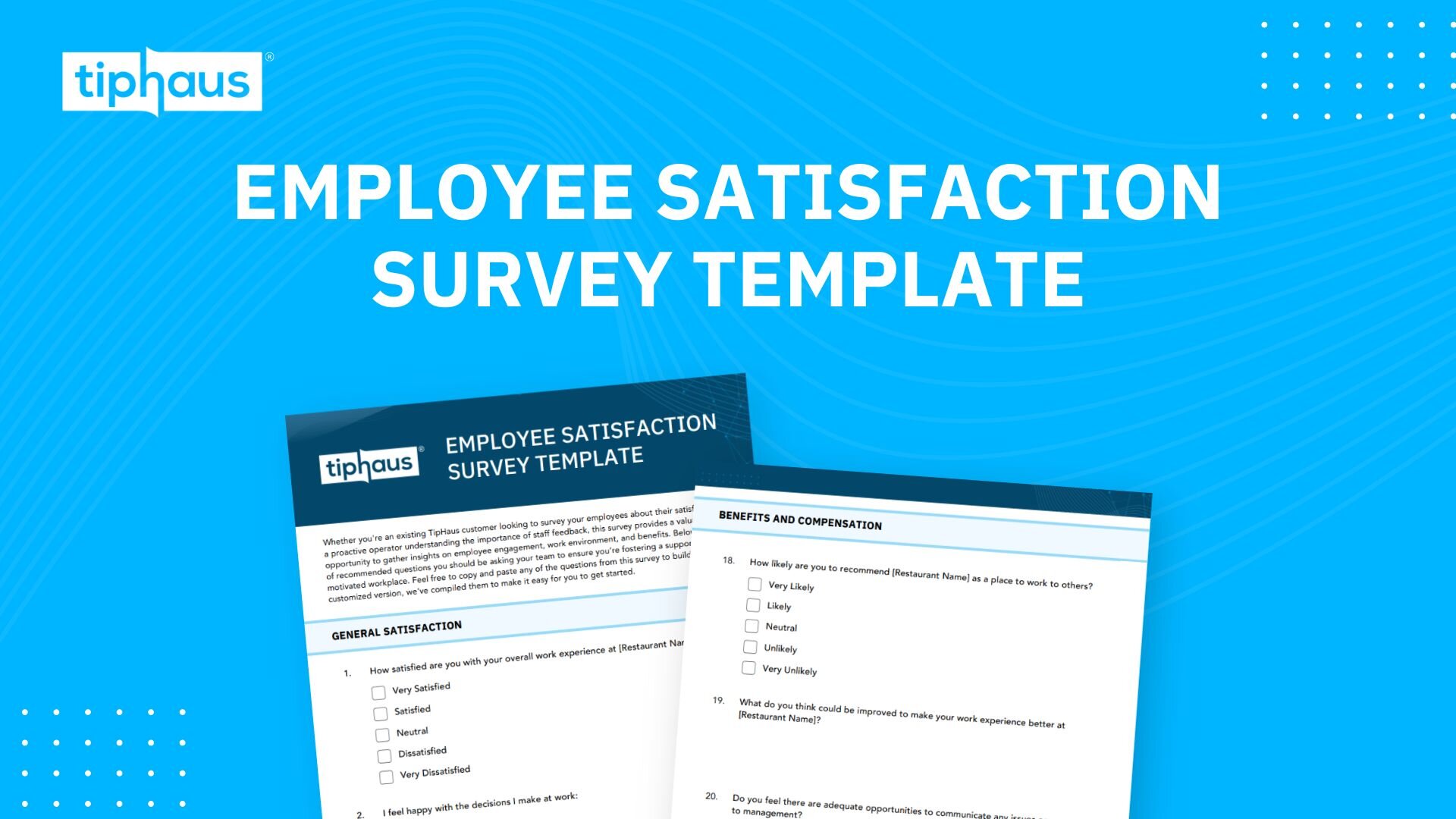
As minimum wage increases sweep across the U.S., restaurants are facing pressure to balance fair employee compensation with sustainable business models. While higher wages are a step forward for workers, they often create significant challenges for operators, especially in tipped industries where in some states wages have historically been offset by tip credits.
To address these concerns, many restaurants are turning to commission-based compensation models, a forward-thinking solution that ensures employees are paid fairly while helping businesses adapt to changing economic realities. By replacing traditional tipping with a service charge and tying FOH earnings to sales, this model offers transparency, predictability, and a sustainable path forward for restaurants nationwide.
In a commission-based compensation model, employees earn a percentage of sales instead of relying solely on traditional tips. This model is facilitated by introducing a service charge on guest bills, which is then distributed among the team based on their roles or a set percentage. Here's how it works in practice:
For example, a restaurant might implement a 20% service charge, distributing 12% to servers, 3% to support staff, and the remaining 5% as a BOH pool or management incentive.
Listen to Andrei Stern, co-founder of SuViche Hospitality Group, as he shares his experience transitioning from traditional tipping to service charges and commission-based compensation in his restaurants, including how they successfully implemented the change.
While the model brings numerous benefits, it's not without challenges:
Whether you’re a TipHaus customer ready to launch an employee survey or a proactive operator committed to building a strong workplace culture, this resource is designed to help you get started. Inside, you’ll find a curated list of recommended survey questions covering everything from team morale and work environment to scheduling and benefits.
Use this guide to spark honest feedback, identify areas for improvement, and support a more engaged, motivated team. Copy, customize, and launch your own survey with ease—this tool was built to make it simple.

SuViche, a Florida-based restaurant group, successfully transitioned to a commission-based model. They:
The results? SuViche retained 95% of its front-of-house team during the transition, and employees reported higher satisfaction and financial stability.
Hear Andrei Stern break down the transition to commission-based pay, how it works, how he communicated the change to his team, the benefits for both employees and the business, its impact on payroll, and how TipHaus made the process seamless.
Switching to a commission-based system can be seamless with the right tools. TipHaus automates service charge distribution, ensuring compliance, transparency, and accuracy. Operators can customize payout percentages, monitor employee earnings, and adjust allocations to fit their business needs, all while saving time and reducing administrative headaches. Here's how:
As minimum wages continue to rise, the restaurant industry must adapt to remain sustainable. Commission-based compensation models offer a fair and transparent way to ensure employees are paid equitably while helping operators manage labor costs effectively. By leveraging tools like TipHaus, restaurants can streamline this transition, supporting their teams and their bottom line.
At TipHaus, we understand how critical compliance is for restaurant operators. That’s why we’ve built features like automated tip reporting, fair distribution tools, and precise record-keeping into our platform. These tools not only help you adhere to labor laws but also create a transparent system your staff can trust.
Ready to future-proof your operations? Book a demo to explore how TipHaus can help you implement a commission-based model today.